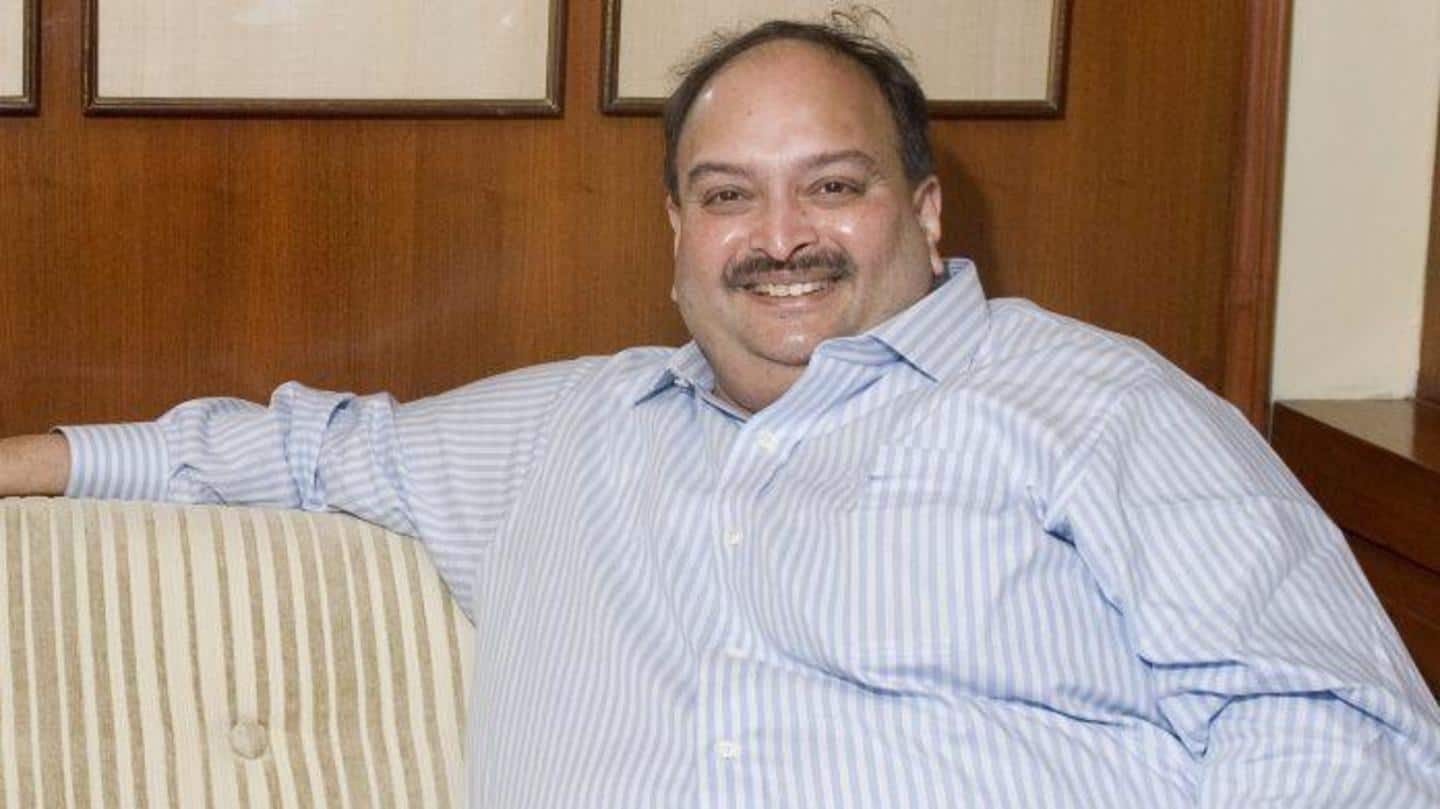
Top 100 wilful defaulters owe Rs. 84,632 crore to banks
What's the story
The amount of money that the top 100 wilful defaulters owe banks increased in FY20, as compared to a year earlier. The defaulters owe Rs. 84,632 crore to lenders, up from FY19's figure of Rs. 80,344 crore. Leading the list was Gitanjali Gems, owned by embattled businessman Mehul Choksi. Its dues stand at Rs. 5,693 crore. Here are more details.
Data
RBI shared data after RTI application was filed
The Reserve Bank of India (RBI) shared information about defaulters after an application was filed under the Right to Information (RTI) Act by Biswanath Goswami. In the list, Gitanjali Gems was followed by the Jhunjhunwala brothers' REI Agro with dues of Rs. 4,403 crore and Jatin Mehta's Winsome Diamonds & Jewellery with dues of Rs. 3,375 crore. Kingfisher Airlines was also among the top 10 defaulters.
Details
Top 10 defaulters owe Rs. 1,875 crore to SBI
The report added that Gitanjali Gems inflicted the most damage on Punjab National Bank (PNB). The top 10 defaulters owe Rs. 1,875 crore to the State Bank of India (SBI). REI Agro owes Rs. 1,970 crore to UCO Bank. It's worth noting that nearly three-fourths of the total sum has been written off by banks to clean balance sheets and avail tax benefits.
Database
Despite write-offs, defaulters appear in RBI's database
To be clear, write-offs are accounting entries that transfer non-performing assets (NPAs) from active balance sheets to off-balance sheets. Any recovery from these defaulters would add to the net profit of lenders. Despite the write-offs, the defaulters crop up in the internal CRILC database of RBI and will keep appearing till they clear the dues, sources in the know told ET.
What happened
Last year, RBI refused to share information
Curiously, in August last year, RBI had told Goswami that it didn't have information of top 100 defaulters. The applicant had then approached RBI's Appellate Authority. In its subsequent response, RBI told Goswami it was honoring the First Appellate Authority's order. "The way RTI responses are delayed and information suppressed highlights the lack of integrity and transparency in dealing with such matters," Goswami commented.